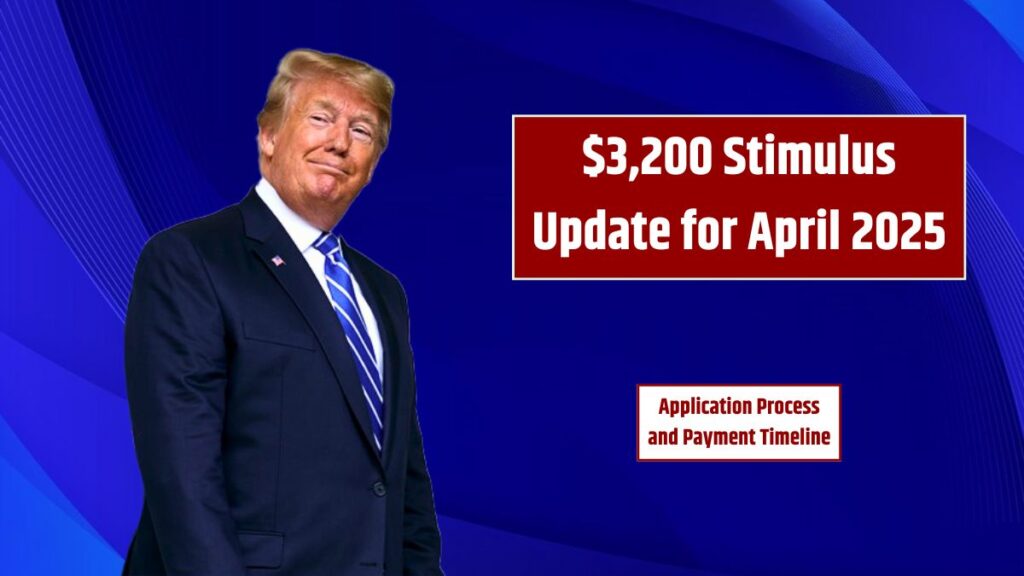Latest News
Top 4 Zodiac Signs Who Have High Standards
Rachel R. White
Some people know exactly what they want—and won’t settle for anything less. In astrology, certain zodiac signs are known for holding themselves and others to high standards. Whether …









